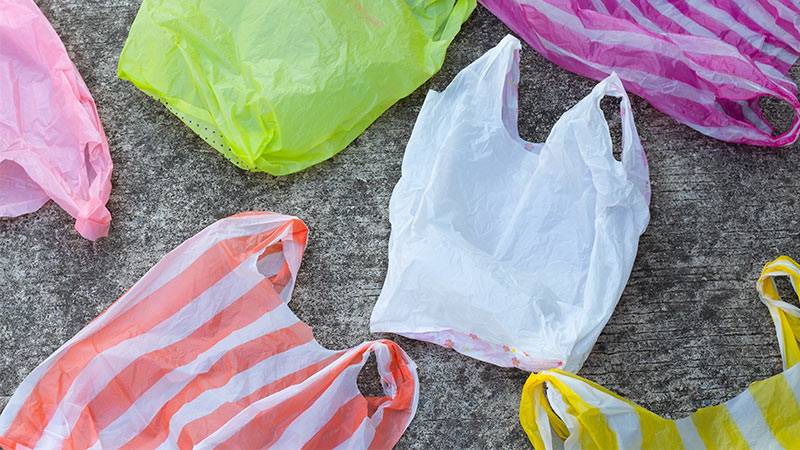In a sweeping move to combat pollution and environmental harm, cities and states across the U.S. have implemented over 500 policies targeting the reduction of single-use plastic bags. According to a comprehensive report by Environment America, U.S. PIRG Education Fund, and Frontier Group, these measures are making a substantial impact. By utilizing data from various sources, including government and industry, the report estimates that nearly 300 single-use plastic bags are eliminated per person each year due to these bans.The report highlights the effectiveness of plastic bag restrictions, focusing on five representative policies in New Jersey, Vermont, Philadelphia, Portland, and Santa Barbara. New Jersey’s ban, enacted in 2022, stands out by eliminating over 5.5 billion plastic bags annually. The other jurisdictions, though varying in population size, have also seen significant reductions, ranging from approximately 45 million to 200 million plastic bags each year.The rationale behind the bans is clear and compelling. Plastic bags, derived from oil and gas, pose environmental threats throughout their lifecycle. After a brief usage, typically around 12 minutes, these bags end up in landfills or incineration facilities, persisting for centuries. Beyond landfill issues, plastic bags contribute to wildlife fatalities and shed microplastics, which carry potential health risks including metabolic disorders and neurotoxicity.
 “The bottom line is that plastic bag bans work,” said Faye Park, president of the U.S. PIRG Education Fund, in a statement. “People realize quickly it’s easy to live without plastic bags and get used to bringing a bag from home or skipping a bag when they can.”
“The bottom line is that plastic bag bans work,” said Faye Park, president of the U.S. PIRG Education Fund, in a statement. “People realize quickly it’s easy to live without plastic bags and get used to bringing a bag from home or skipping a bag when they can.”
Despite their efficacy, plastic bag bans face criticism and skepticism. Some argue that these bans are a form of narcissistic environmentalism, especially when other pollutive practices persist. Others express concerns about the economic impact on businesses and consumer freedom. In response, 18 states have implemented preemption laws to prevent local governments from enacting their own bans.The debate extends to the environmental impact of alternatives to plastic bags. A study suggesting that a cotton bag would need to be reused 20,000 times to offset its production impact went viral, sparking discussions about the real benefits of bag bans. Critics also note the increased use of paper bags, which also have significant environmental footprints, as a downside of these bans.However, environmental experts and advocates argue for a broader perspective. They stress the importance of understanding the full life cycle impacts of plastic and advocate for comprehensive plastic bag bans that also address the issue of thicker plastic bags, often used as a loophole by retailers. These thicker bags, while marketed as reusable, often fail to be reused in practice, undermining the intent of the bans, according to Grist.The report from Environment America and its affiliates underscores the need for well-designed plastic bag bans. Such bans should aim not just to eliminate single-use plastic bags but to reduce the overall use of disposable bags. The recommendation to include a charge for paper bags in these bans is aimed at encouraging the adoption of truly reusable alternatives, thereby fostering a more sustainable and environmentally friendly consumer culture.
More inspiring green news similar to this:


